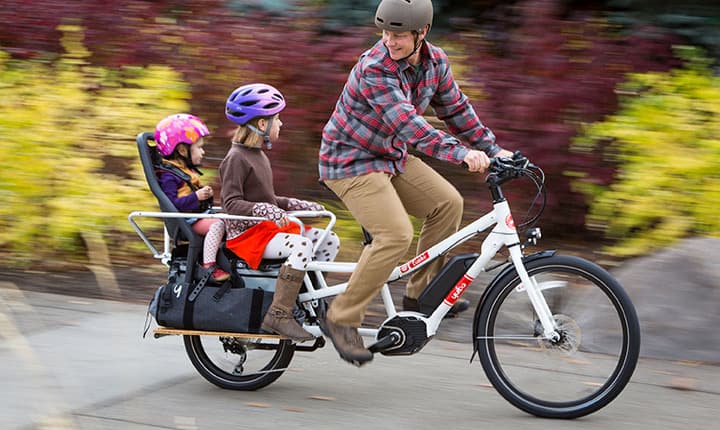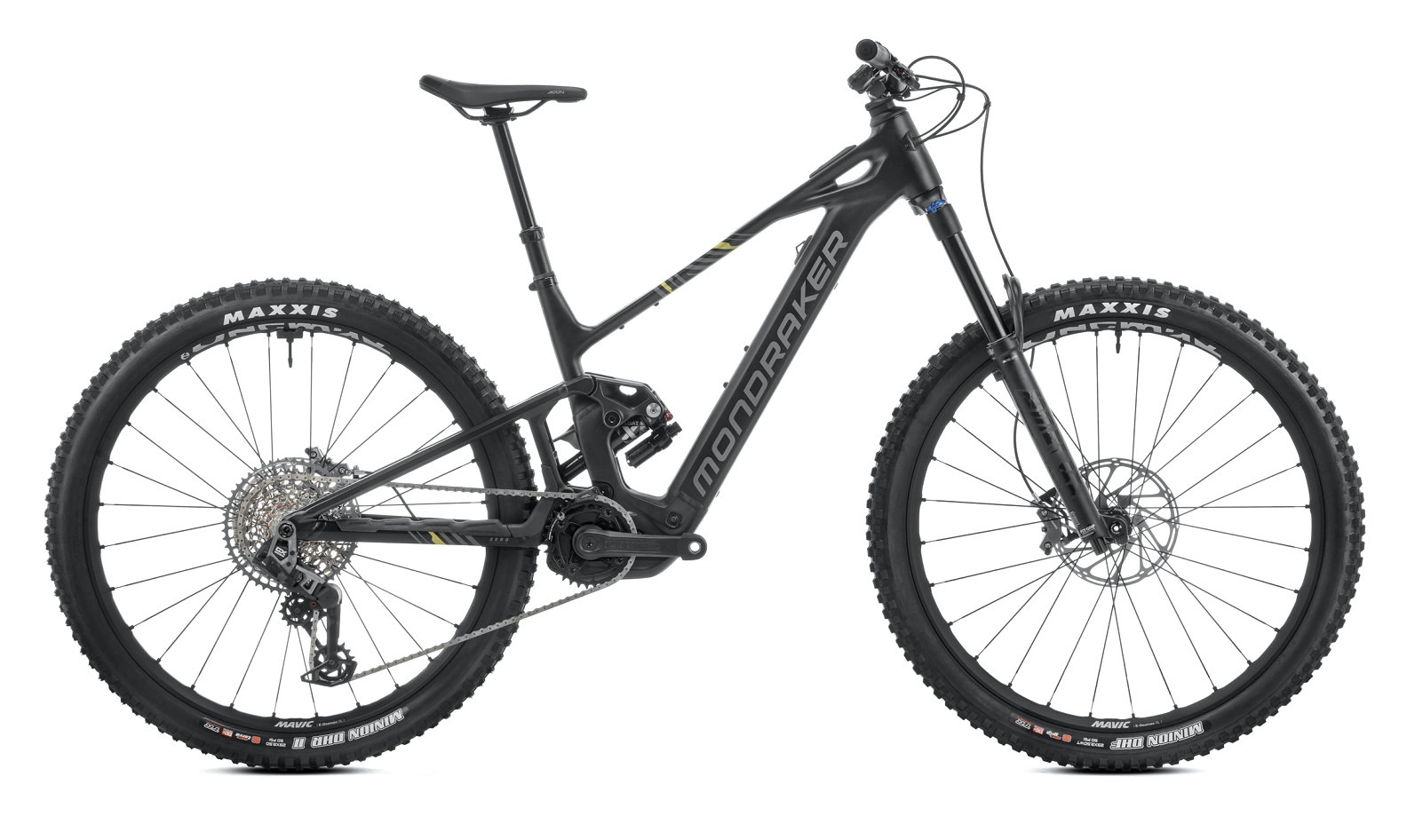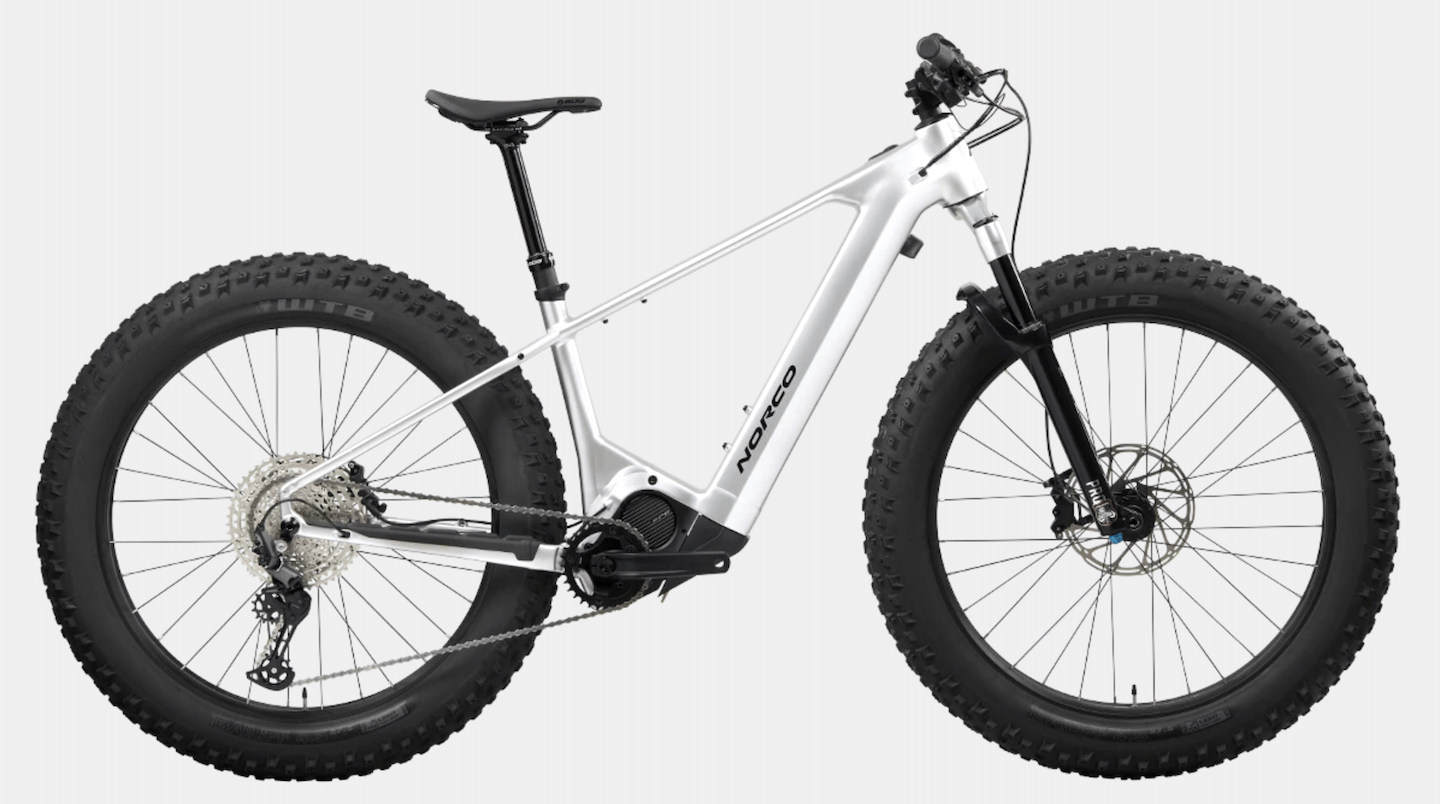May 11, 2023 - The electric bike is the cleanest electric vehicle and the one that most efficiently reduces GHG emissions. E-bikes should be the centerpiece of a strategy to replace gas-powered car trips to reduce air pollution and greenhouse gas emissions while also advancing equity, promoting public health, reducing traffic, helping families save money, and supporting local economies. Now, California has provided funding to support e-bikes.

The California Air Resources Board (CARB) has begun to outline the e-bike incentives program. Here’s what we know so far:
• The incentives program will launch in the first quarter of 2023 and will be open to people living anywhere in California.
• Qualifying applicants may be able to get a voucher of up to $1,000 for a regular e-bike and up to $1,750 for a cargo or adaptive e-bike. People whose income is under 225% FPL or who live in disadvantaged (DAC) census tracts qualify for additional incentives of up to $250.
• To qualify for the incentive program, participants’ household income is capped at 300% of the federal poverty level (FPL).
• The program will support the purchase of Class 1 (up to 20 mph, pedal assist only) and Class 2 (up to 20 mph, pedal assist and throttle) e-bikes and Class 3 (up to 28 mph, pedal assist only).
• Participants must purchase a bike from a California bike shop or online from a company with a business location in California.
We estimate that the $13 million budget of the pilot project will fund between 4,000 and 7,000 e-bike vouchers, but demand is likely to be much higher. CalBike is advocating for additional funding so the program can continue past this year’s pilot.
Read the entire report here.
















